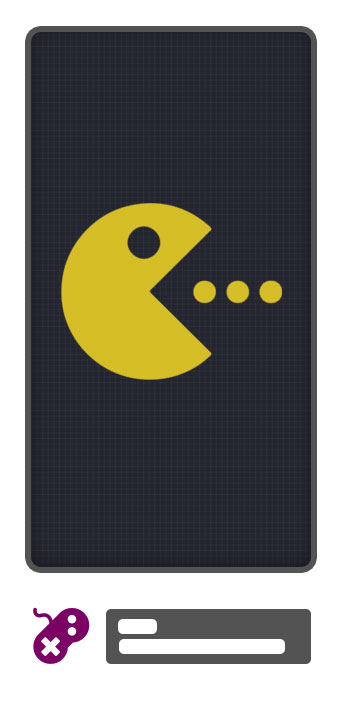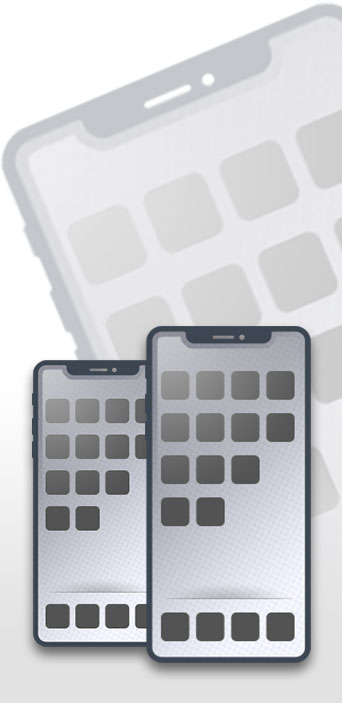SGA Toolkit - IAPEN
Subjective Global Assessment (SGA) is a tool used by health care providers to assess nutritional status and aid in the prediction of nutrition-associated clinical outcomes, such as postoperative infec






SGA Toolkit - IAPEN
Subjective Global Assessment (SGA) is a tool used by health care providers to assess nutritional status and aid in the prediction of nutrition-associated clinical outcomes, such as postoperative infections and/or mortality. Allan S. Detsy and his team, in 1987, published the first report of a nutritional assessment tool, entitled SGA, that uses clinical judgment to assess nutritional status in preoperative surgical patients and to predict postoperative infections; SGA had the best sensitivity and specificity for predicting infection after surgery.The original SGA form had clinicians score 5 components of a medical history (i.e., weight change, dietary intake, gastrointestinal symptoms, functional capacity, disease and its relation to nutritional requirements) and 3 components of a brief physical examination (ie, signs of fat and muscle wasting, nutrition-associated alternations in fluid balance). The patient is then assigned a rating of Well nourished (A), moderately undernourished (B), or Severely undernourished (C) by subjective consideration of the data collected in the 8 areas, without adhering to a rigid scoring system. The SGA Toolkit developed by IAPEN also contains 7-point scale SGA. References: 1. Detsky, A. S., Baker, J. P., Johnston, N., Whittaker, S., Mendelson, R. A., & Jeejeebhoy, K. N. (1987). What is subjective global assessment of nutritional status?. Journal of parenteral and enteral nutrition, 11(1), 8-13.2. Steiber, A. L., Kalantar-Zadeh, K., Secker, D., McCarthy, M., Sehgal, A., & McCann, L. (2004). Subjective Global Assessment in chronic kidney disease: a review. Journal of Renal Nutrition, 14(4), 191-200.


